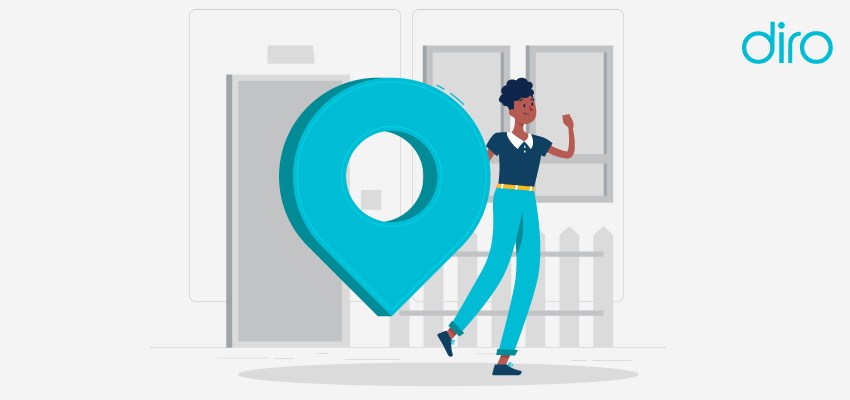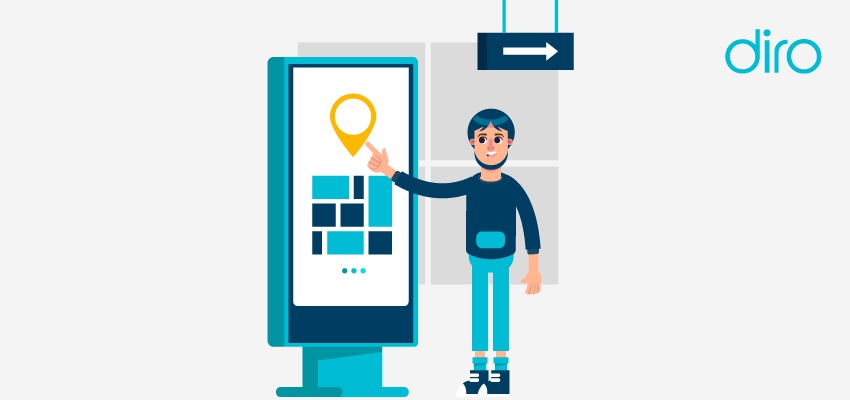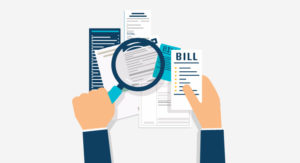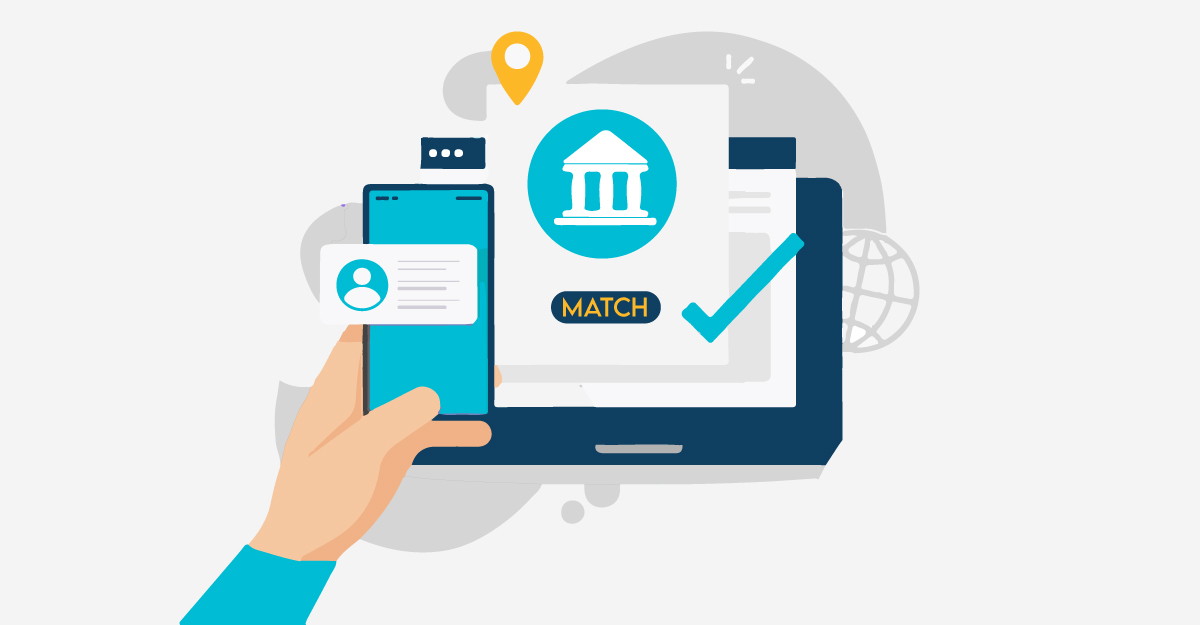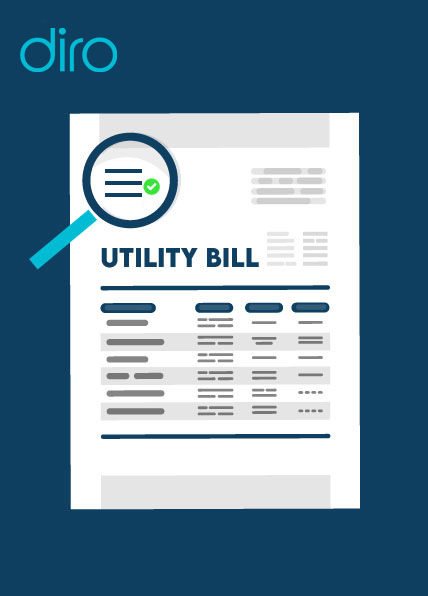How to Get a Proof of Address in The UK?

Opening a new bank account or applying for a loan? The first thing that you need to prove is your address. One of the primary things to do is to provide valid proof of address in the UK. Specific documents are needed to prove your ID, such as a passport, a driving license, or by validating a rental/ownership of a property.
For a long time, banks have been relying on address verification as a security measure. It is a regulatory requirement that banks have to perform for each individual that’s opening an account. Although, proving their addresses may not be as simple for some people. There can be instances where someone has just arrived in the UK and therefore doesn’t have a bill or any documentation with their name on it.
Choosing the bank type you want to open an account with may be a deciding factor as different banks ask for different types of information. For Example, some banks may not even want proof of address as part of the account opening process.
Why Do Banks Ask for Proof of Address?
As financial institutions, banks are required to comply with strict security measures to make sure fraudsters aren’t using new accounts for illegal activities such as money laundering or money embezzlement.
That’s why the banks have to ensure that the person who is opening an account uses a valid identity. But, of course, it also helps ensure that the person is whom they claim to be, and banks do so by checking the validity of the address.
The two most important documents that a bank asks for before customers open an account are the photo ID of the person applying for a new account or a loan and their registered proof of address. Different banks may ask for a different types of documentation for verifying a person’s address. Usually, 1-2 documents will also be required for verifying your residential address.
These documents usually have to be from a source, such as a UK photo driving license or a tax return document.
What Documents Required for Proof of Address?
The documents required for proof of address verification differ from bank to bank. Each bank also has different processes for verification in which different documents are provided. Additionally, the verification time required for each document is also a major factor for banks.
Also, the documents a person provides to banks have to be up to date, and the verification time taken by each document has to be taken into account when supplying these documents. If a bank asks for a credit card statement or a utility bill for address verification, they can’t be older than three months. If the person uses a utility bill, it can’t be older than one year (12 months). And if you’re opening a new account, you need to confirm with your bank what documents they require for proof of address.
Some of the most common documents used by the bank as proof of address are:
- A valid UK driving license
- Recent utility bill (Gas bill, electricity bill, water bill, or landline phone)
- Council tax bill
- Recent credit card or bank statement
- A recent credit union statement
- Tenant’s agreement/ rental agreement
If you don’t have any of these documents for address verification, then you can reach out to your bank for additional documents that can be used for verification.
What if you Can’t Supply a Bank With Proof of Address?
If you’ve just arrived in the UK and you want to open a new bank account, it can be tough as you may not have all the necessary documents. The most common documents are utility bills and credit card bills, and new residents may not have either.
Some banks allow for different types of documents such as:
- A letter from the college or university, or language school if you’re in the UK for studying. Student documents can be used for verification.
- A letter from your employer confirming your address.
- A letter of referral from your existing bank can also be used as a letter of verification.
As mentioned above, different banks rely on different document verification. So other documents can be used for verification.
Are There Banks in the UK That Don’t Need Proof of Address?
Almost all the major banks in the UK are required to have proof of address before allowing you to open an account with them. If you want to know about the documentation required by several banks, you can visit the website of the bank of your choice and decide if you have those documents or not. You can find a list of options in which a bank may accept documents other than those mentioned above on the Financial Conduct Authority website.




